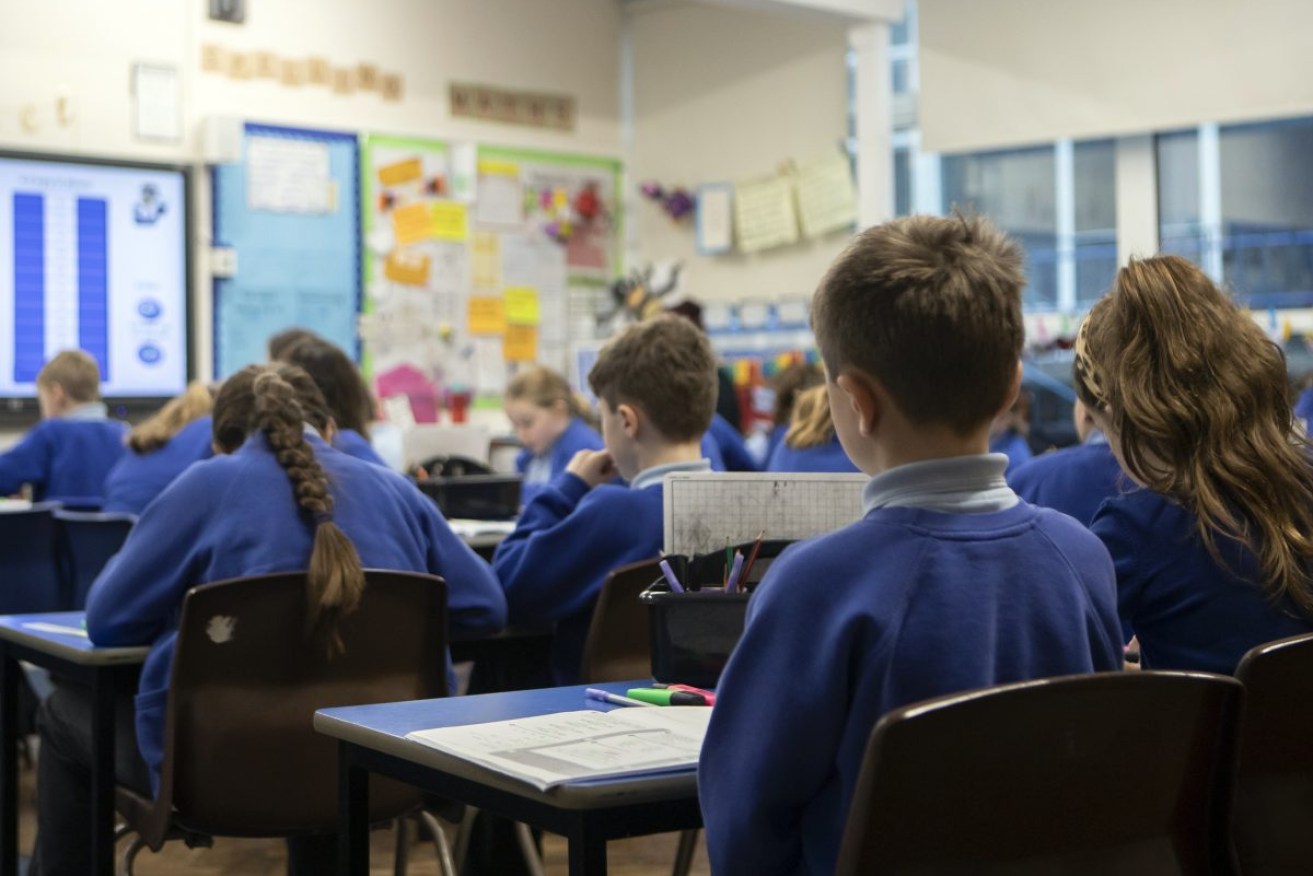School autism policy a good start but must try harder
Autism Inclusion Teachers will be placed in every South Australian public school this year under an Education Department commitment. Peta Spyrou says that while the policy is commendable, it already needs improvement.

Photo: Danny Lawson/PA Wire.
Thousands of South Australian primary-school-aged students either commenced or returned to school last week.
These learners have entered the school gates to environments where some teachers have assumed new responsibilities in the student support arena in the form of Autism Inclusion Teachers.
The SA Department for Education’s website explains that these Autism Inclusion Teachers will:
- provide support to their fellow educators on how to best support and educate students with autism
- drive improved practice relating to autism that works for their school.
While the Malinauskas Government should be congratulated for this apparent nation-leading policy, it does not begin to scratch the surface regarding the supports and understandings required to make schools fully inclusive – a point alluded to by South Australia’s assistant minister for autism, the Hon Emily Bourke, when she said: ‘We have to start somewhere and if we don’t make that start, we don’t know what the future looks like.’
Despite the need for significant and further government investment to ensure that all students attain their international human right to inclusive education, under article 24 of the Convention of the Rights of Students with Disabilities, there are improvements that can be made immediately. I argue below that there are three areas to the current Autism Inclusion Teacher policy, which can be implemented to ensure this important strategy progresses to an A-grade standard.
1: Confirm whether all SA public primary schools have an Autism Inclusion Teacher
First, the Government should immediately ensure and provide data about whether all primary schools have a teacher in these roles. Currently, there is ambiguity about whether this has been met. In its own Department for Education Government website, the webpage noted that ‘An Autism Inclusion Teacher will be appointed in every public primary school (including reception to year 12 schools) from 2023.’
Although this commitment was made, an ABC article last week reports that just 417 teachers started in these roles this week. This is against the backdrop of ABS data which shows for 2020-2021, South Australia has over 425 government primary schools, which does not include the 18 government special schools in this State. When will these eight government primary schools get their own Autism Inclusion Teachers?
2: Make the Autism Inclusion Teacher role a full-time position
Second, the dedicated time that teachers have to work in these roles needs to be significantly increased. The South Australian media reported that these teachers ‘will have up to one day a week in the autism inclusion role and will continue as regular classroom teachers for the rest of the week.’
This is inadequate, particularly given the fact that there does not appear to be minimum qualifications for teachers to take on this leadership responsibility. Further, the issue associated with this limited time to work in this role is exacerbated by the fact that these 417 teachers have only just begun training for these positions. It is difficult to understand how these teachers will be able to balance their existing classroom teaching role, with their own training and implementation of autism supportive strategies.
3: Autism Inclusion Teachers need to look beyond just autism inclusion strategies
Third, Autism Inclusion Teachers must not focus solely on autism. My PhD research, which looks at disability discrimination complaints about students with disability-related challenging behaviours, shows that while autism is overwhelmingly the most commonly disclosed disability, these students often have multiple disabilities.
For example, 46.2% of the education complaints within my study, and which were made to the Office of the Commission for Equal Opportunity in SA over the reporting period, involved students with multiple disabilities.
While the Autism Inclusion Teacher policy is a positive development, further reforms and ongoing investments are required to ensure that all students reach their potential and leave school with life-long skills.
Peta Spyrou is Lecturer in Law at Adelaide Law School




